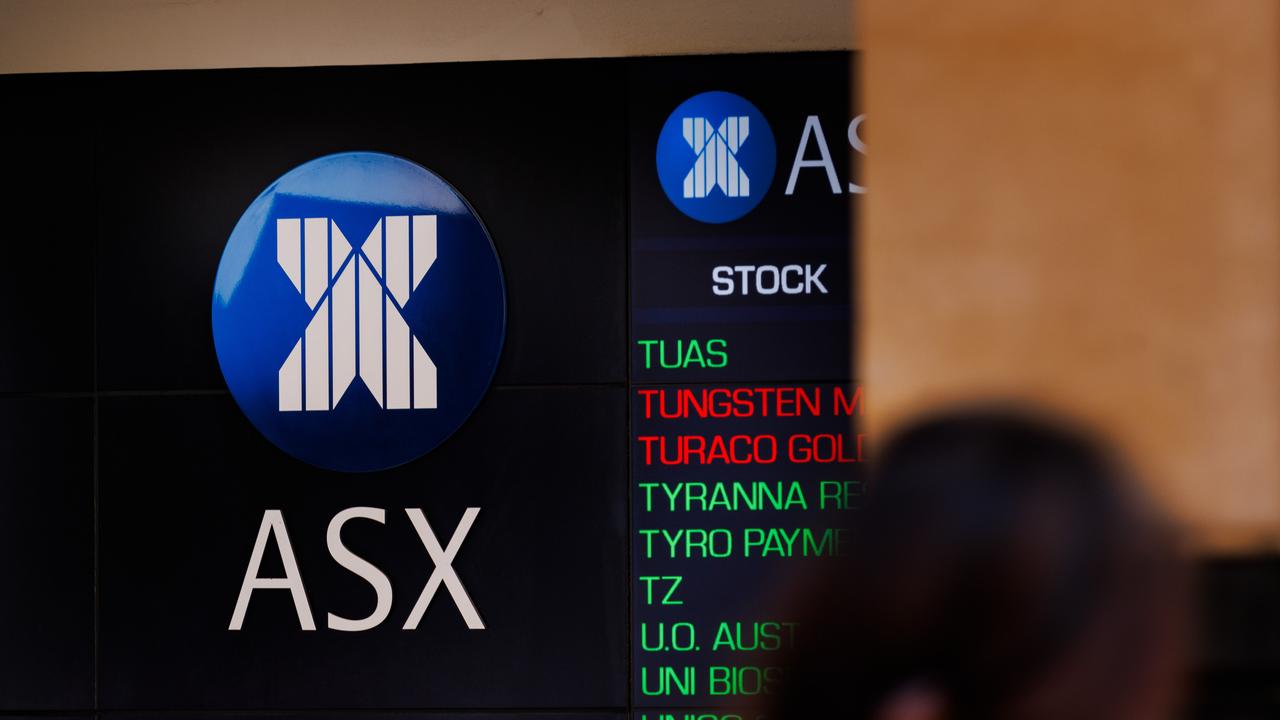Research shows Australians must lose weight to save money and help improve the economy
PUTTING Australia on a diet could produce bigger economic dividends than tax reform or government spending cuts, a shocking new analysis shows.

TREASURER Scott Morrison’s most effective economic weapon could be to put the nation on a low calorie diet with a shocking new report showing obesity is costing the nation $8.3 billion a year.
One in three Australians will be obese by 2025 and the economic impact of their condition will cost the economy $87.7 billion over the next decade a shocking Price Waterhouse Coopers report has revealed.
With investment in preventive health falling and obesity rising the obesity lobby has resorted to mounting an economic case for a war on obesity.
The PwC report, developed for Obesity Australia, says tackling obesity could deliver up to $840 million in net economic benefits by 2025.
Implementing interventions like publicly funded lap band surgery, weight loss programs and higher taxes on unhealthy foods would cost $1.3 billion but deliver savings of $2.1 billion the report finds.

They could also prevent 250,000 Australians becoming obese in the next decade, the report says.
In 2011-12, 27 per cent of the population or 4,835,102 Australians were obese and without change this is predicted to climb to an expected 7.2 million obese people or 33.9 per cent of the projected population by 2025.
The PwC modelling shows spending on obesity has direct costs of $3.8 billion for hospital care, GP services, and pharmaceuticals.
The indirect costs, including absenteeism, subsidies, and forgone tax, came to a further $4.8 billion.
In addition the estimated health and wellbeing cost to individuals from obesity was an additional $47.4 billion in 2011-12.
A further $11.8 billion was lost in potential foregone earnings because individuals weren’t employed to their full potential due to obesity, the report says.

The analysis finds GP visits for obese patients are on average 18.1 minutes longer than for non obese patients adding $255 million per year to the cost of Medicare.
Obese people are more likely to see medical specialists with 40 per cent making a visit each year compared to 33 per cent of those who are not obese adding $297 million to health costs.
Pharmaceutical costs for obese individuals are $1.4 billion a year higher than for those who are not obese.
There is also an estimated additional $1.2 billion in hospital care costs for obese patients.
In addition Australians spend $6.6 billion a year on weight loss industries such as gym memberships, sporting goods, low-calorie foods and beverages, weight loss counselling, and weight loss supplements.
And we spent $60 million a year on more than 600,000 scripts for weight loss pills like Xenical, Duromine and Metermine.
The cost of bariatric surgery due to obesity is estimated to be $321 million with the government spending $42 million and private insurers $182 million, individuals cover the remaining cost.
The report finds obese people are 17 per cent more likely to have been absent from work than non-obese employees.
It finds 1.5 per cent of people under the age of 65 years receive the disability support pension due to obesity costing the government of $133 million.

“This report shows that by acting now, through investment in a bundle of well designed obesity interventions, the economy will benefit and governments will save money in the shorter term (the next ten years) and this will also save lives and produce even larger fiscal and economic benefits in the longer term,” the report says.
Without investment there will be 50 per cent more obese people, it says.
PwC partner James van Smeerdijk, further research and investment will be required to prevent obesity from becoming an even greater economic and social burden.
“Reducing obesity will not only mean a better quality of life for many Australians, it also makes good economic sense to invest, both in the short and long term,” he said. “There is no silver bullet, a range of measures over a number of years is required, but if we do nothing then prevalence rates and costs will continue to rise and the social and economic impacts will also rise.”
Professor Stephen Simpson, executive director of Obesity Australia and academic director of the University of Sydney’s Charles Perkins Centre, believes a national strategy is required for prevention, intervention, and research into obesity.
“Losing weight is hard enough, but it’s incredibly difficult to sustain that weight loss, because we’re directly fighting our bodies when we try to do that,” he said. “One of the key gaps in knowledge is how we can help people to sustain weight loss into the future.”
“We think the results from the PwC report are very important, not only because they show it makes good economic sense to invest in intervention strategies, but also because it helps guide future research by identifying key knowledge gaps. We hope that the results will help build towards a national strategy for prevention, intervention and research into obesity.”




